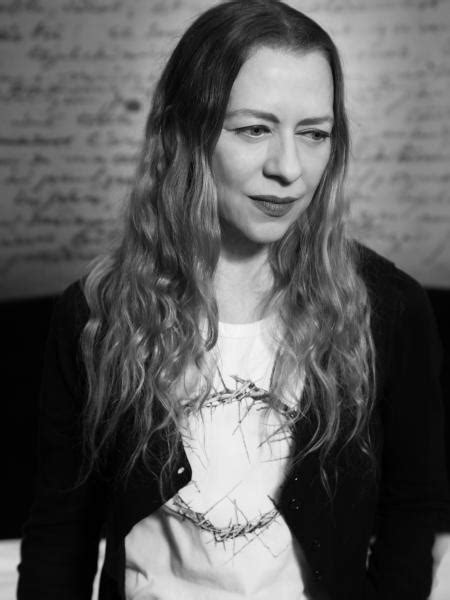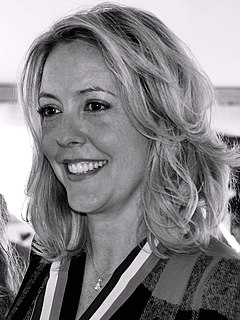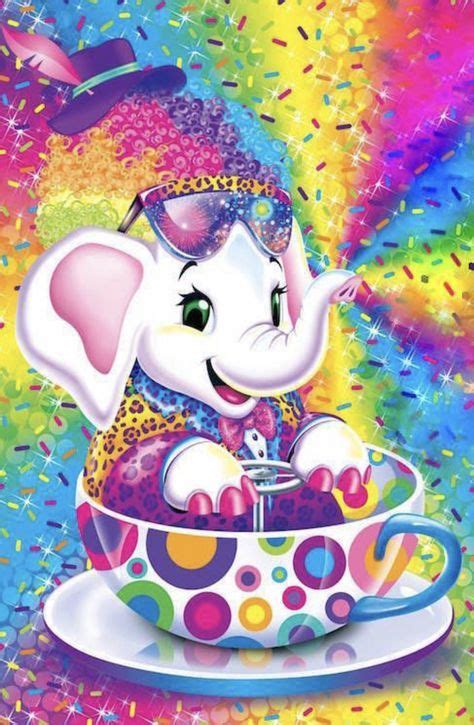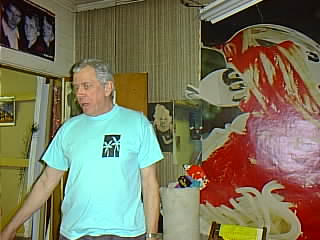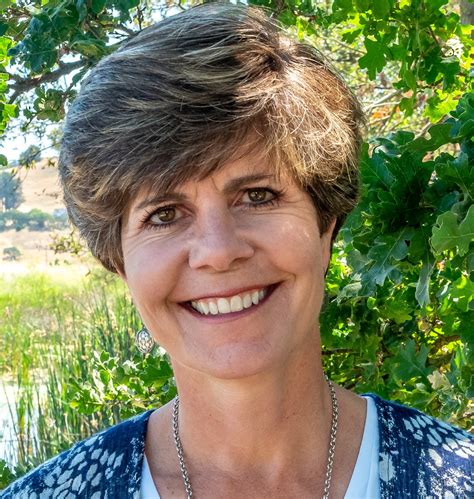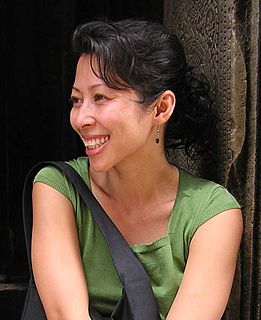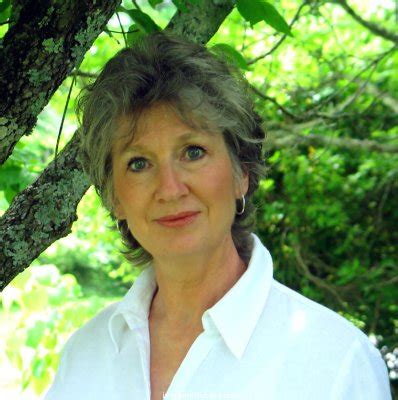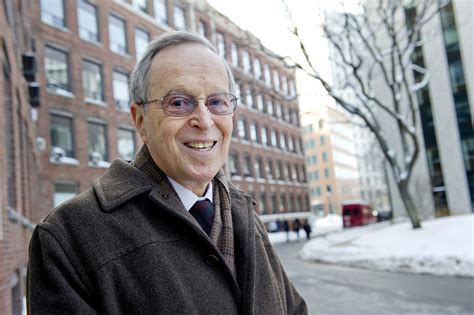A Quote by Ann Demeulemeester
I had to find my own language in jewelry. That was important to me; it really had to be what I would love to have myself.
Related Quotes
I'm a big rings person...and bracelets...and earrings. I love all of it [Laughs]. One time, I was getting off an airplane and I had been traveling for like a month in Europe, and I came from the airplane right to my mom's house who I hadn't seen in awhile, and she looked at me and she goes, "Is it possible to fit any more jewelry on you? Is that actually possible?" And I looked down and, because when I travel I don't like to pack my jewelry so I end up wearing a ton of it, and I had just had everything on me. And I love buying jewelry when I travel - so there was a lot.
I had a teacher once who said, "If you are going to write fiction, you should only read poetry." I have always been interested in the writers who care about their sentences and who really work on that level. I have always said that I hate writing, I love revision. So, the language is really important to me. And the comedy and the horror that come out of the language.
Throughout my childhood, I had served as an interpreter for my family. When I left home, I also left the Deaf community. I'd had enough of being a de facto intermediary and wanted to find my own identity. But, over time, I learned to embrace both cultures and find balance between them. I love my Deaf and CODA family and hope they would be proud to call me one of their own.
I would say there is probably a little bit of me in each character. But Purrscilla is a lot like me because she is very into glam and glitz and jewelry and everything very girly. And some of the jewelry in the illustration is even my own jewelry. But I'm not a cat fan - that's the only thing! I'm a dog person.
I was a very introverted individual and this became an important outlet for me to express myself, to communicate, to take positions, make statements, take a stand and so forth. But I never really thought I had much a future at all So the thing that I had to do was to really go inward and really work super hard in the hope that someday it would pay off. And in using that term I don't mean necessarily money, but just the fact that I would have more depth and dimension both as a human being and as an artist.
I had a checklist in my mind of the things that make a biography practical. Is the source material centralized? Is it easy to find? Are there new primary sources that no one has ever had access to? Are all the sources in English? If they're not, are they in a language that you speak? And I realized that not only is Armstrong the most important figure of Jazz in the 20th Century, but he's a perfect subject for a biography for all of these reasons. I had always loved his music and I had been fascinated in him as a personality. And that's really the key to writing a biography.
It took a pretty drastic moment to shift my thinking towards visual arts. I got to a moment in my writing career when I wasn't trusting the language, I was really not trusting the written language, the English language. How do you work with a material that you don't have trust in? I had to step away from it and find another way of articulating and I had to do it without words.
Perhaps, as we say in America, I wanted to find myself. This is an interesting phrase, not current as far as I know in the language of any other people, which certainly does not mean what it says but betrays a nagging suspicion that something has been misplaced. I think now that if I had any intimation that the self I was going to find would turn out to be only the same self from which I had spent so much time in flight, I would have stayed at home.
Choosing happiness is a scary thing. Choosing love is a scary thing. When I was in the war, not only did I not have a voice, but I had to make myself not be heard, not be seen, become dumb, mute, blind, invisible, just so I could survive. When you fall in love, you become alive, all of a sudden you are singing. For me, there was a fear that the person I love would one day leave me, whether by their own choice or that they would die. How was I going to survive that? Choosing love and happiness is to know life goes on. I had to believe that.
Yet, I wondered why Marshall did not at least attempt a kiss. In many ways, his treatment of me reminded me of the way I had behaved toward the doll that Mamma Mae had given me as a child. I favored it so that I had refused myself of the joy of playing with it, daring to love it only with my eyes. But in doing so, I had denied myself its very purpose.
One of the first lessons I learned as a mom was to forgive myself for not being perfect and to try to prioritize what was really important. I had to really accept very early on that after a while, reading a script and finding the form for the class trip, it was hard to realize which one had priority at times. So I just had to say, "You're doing the best you can, and when you make a mistake, apologize. Your kids know that you love them."
I would stay away from him and leave him to go his own road where there would be other women, countless other women, who would probably give him as much physical pleasure as he had had with me. I wouldn’t care, or at least I told myself that I wouldn’t care, because none of them would ever own him—own any larger piece of him than I now did.
Language [can] be expressed . . . by movements of the hands and face just as well as by the small, sound-generating movements of the throat and mouth. Then the first criterion for language that I had learned as a student—it is spoken and heard—was wrong; and, more important, language did not depend on our ability to speak and hear but must be a more abstract capacity of the brain. It was the brain that had language, and if that capacity was blocked in one channel, it would emerge through another.
